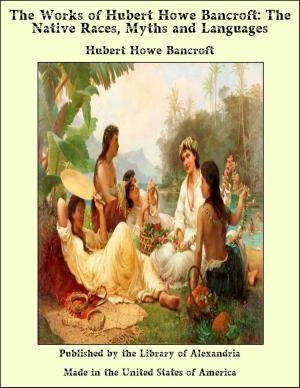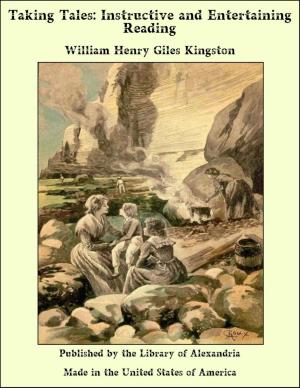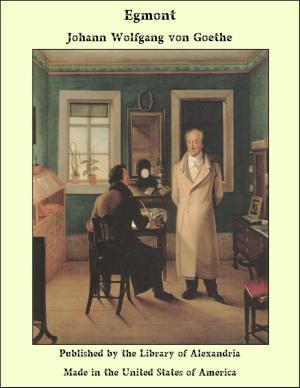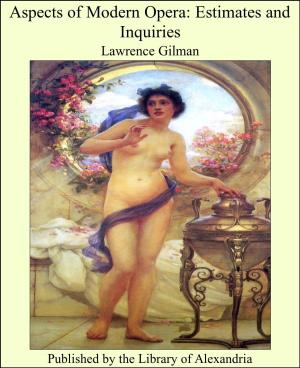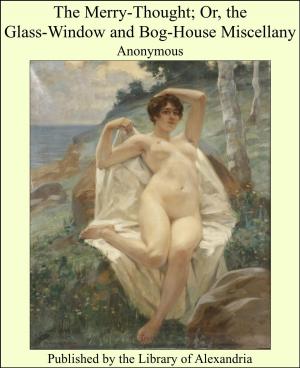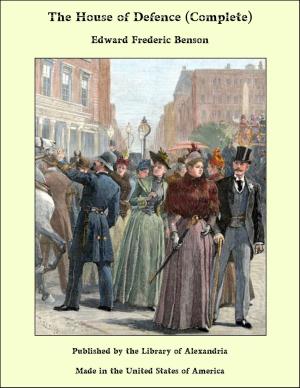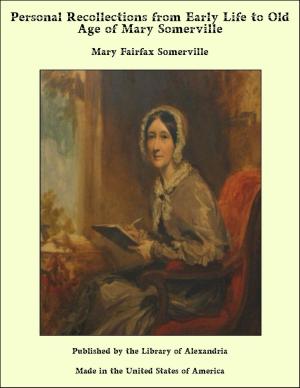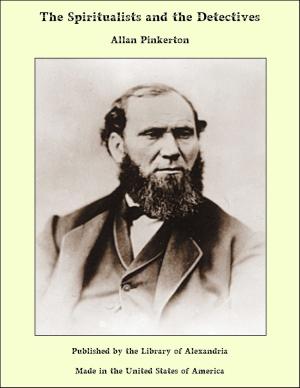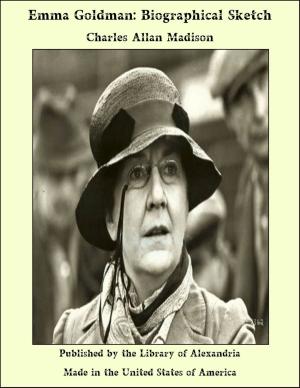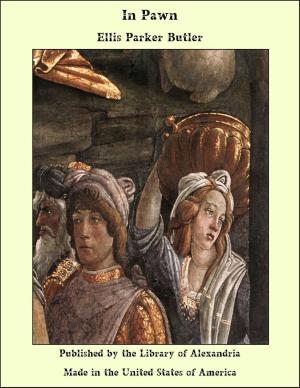Forgotten Tales of Long Ago
Nonfiction, Religion & Spirituality, New Age, History, Fiction & Literature| Author: | Edward Verrall Lucas | ISBN: | 9781465555458 |
| Publisher: | Library of Alexandria | Publication: | March 8, 2015 |
| Imprint: | Language: | English |
| Author: | Edward Verrall Lucas |
| ISBN: | 9781465555458 |
| Publisher: | Library of Alexandria |
| Publication: | March 8, 2015 |
| Imprint: | |
| Language: | English |
Edward Verrall Lucas In the present volume will be found twenty stories from early writers for children, the period being roughly 1790 to 1830, with three later and more sophisticated efforts added. Having so recently made remarks on the character of these old books—in the preface last year to Old-Fashioned Tales, a companion volume to this—I have very little to say now, except that I hope the selection will be found to be interesting. If it is not, it is less my fault than that of the authors, who preferred teaching to entertaining, moral improvement to drama. The pendulum has now perhaps swung almost too far the other way; but such things come right. My first story, 'Dicky Random,' is from a little book published in 1805, entitled The Satchel; or, Amusing Tales for Correcting Rising Errors in Early Youth, addressed to all who wish to grow in Grace and Favour. On the title-page is this motto: 'Put on the cap, if it will fit, And wiser grow by wearing it.' There is no author's name. I do not consider the story of Dicky a very brilliant piece of work, but it has some pleasing incidents, not the least of which is the irreproachable behaviour of the gentlemen at dinner. Dicky's father comes out as hardly less foolish than his son, which is not common in these books. To call a doctor Hardheart seems to me to have been a courageous thing. The sentence, 'The boy's father, though a labouring man, had a generous mind,' would help us to date the story, even without the evidence of the title-page. It is astonishing for how long the poor had to play a degraded part in minor English literature. In another story in the book, called 'Good Manners their own Reward,' I find this sentence, which contains an idea for a children's manual that certainly ought to be written, under the same title too: 'Master Goodly not long after this had the pleasure of seeing a small book printed and circulated among his juvenile acquaintance, called "The Way to be Invited a Second Time
Edward Verrall Lucas In the present volume will be found twenty stories from early writers for children, the period being roughly 1790 to 1830, with three later and more sophisticated efforts added. Having so recently made remarks on the character of these old books—in the preface last year to Old-Fashioned Tales, a companion volume to this—I have very little to say now, except that I hope the selection will be found to be interesting. If it is not, it is less my fault than that of the authors, who preferred teaching to entertaining, moral improvement to drama. The pendulum has now perhaps swung almost too far the other way; but such things come right. My first story, 'Dicky Random,' is from a little book published in 1805, entitled The Satchel; or, Amusing Tales for Correcting Rising Errors in Early Youth, addressed to all who wish to grow in Grace and Favour. On the title-page is this motto: 'Put on the cap, if it will fit, And wiser grow by wearing it.' There is no author's name. I do not consider the story of Dicky a very brilliant piece of work, but it has some pleasing incidents, not the least of which is the irreproachable behaviour of the gentlemen at dinner. Dicky's father comes out as hardly less foolish than his son, which is not common in these books. To call a doctor Hardheart seems to me to have been a courageous thing. The sentence, 'The boy's father, though a labouring man, had a generous mind,' would help us to date the story, even without the evidence of the title-page. It is astonishing for how long the poor had to play a degraded part in minor English literature. In another story in the book, called 'Good Manners their own Reward,' I find this sentence, which contains an idea for a children's manual that certainly ought to be written, under the same title too: 'Master Goodly not long after this had the pleasure of seeing a small book printed and circulated among his juvenile acquaintance, called "The Way to be Invited a Second Time

